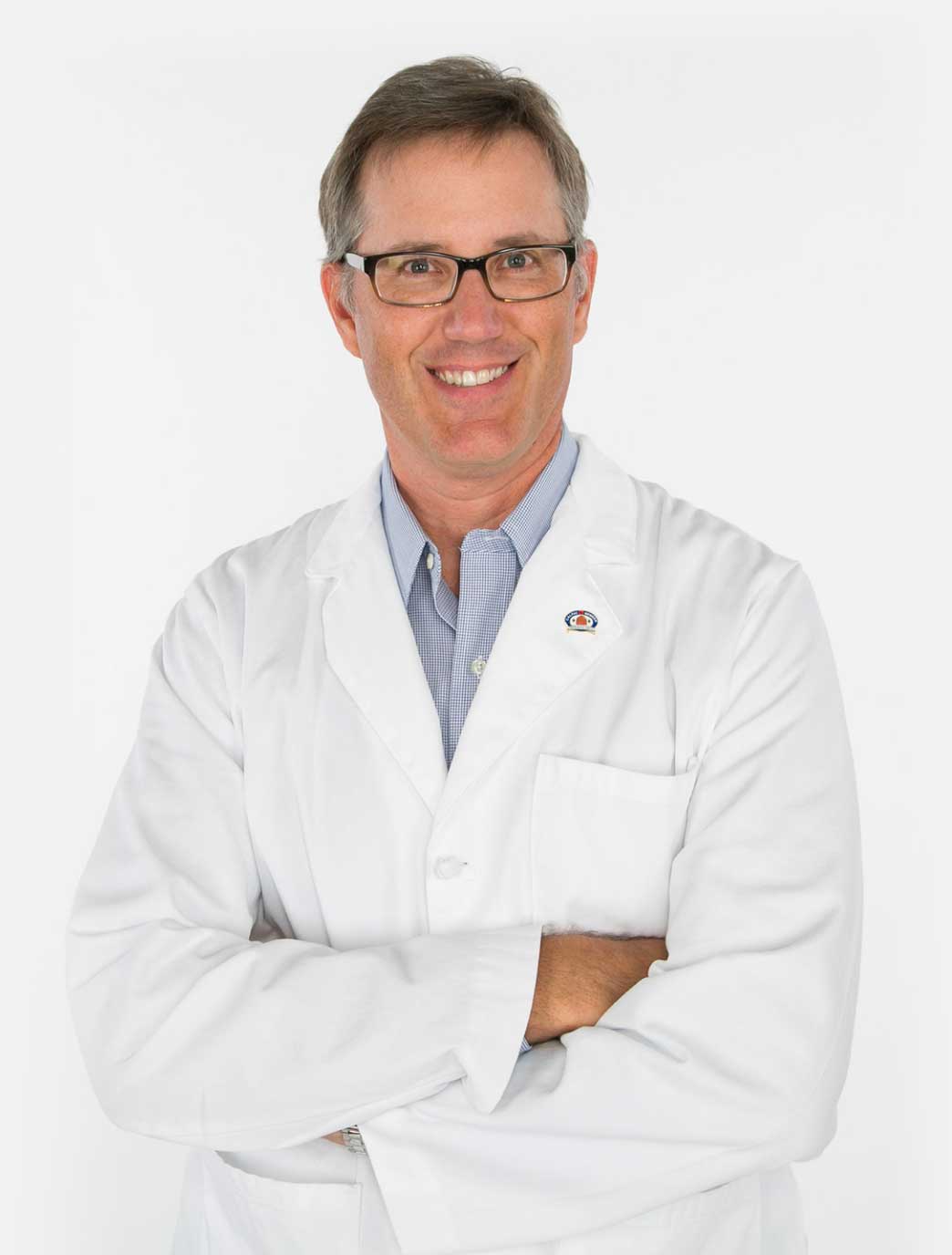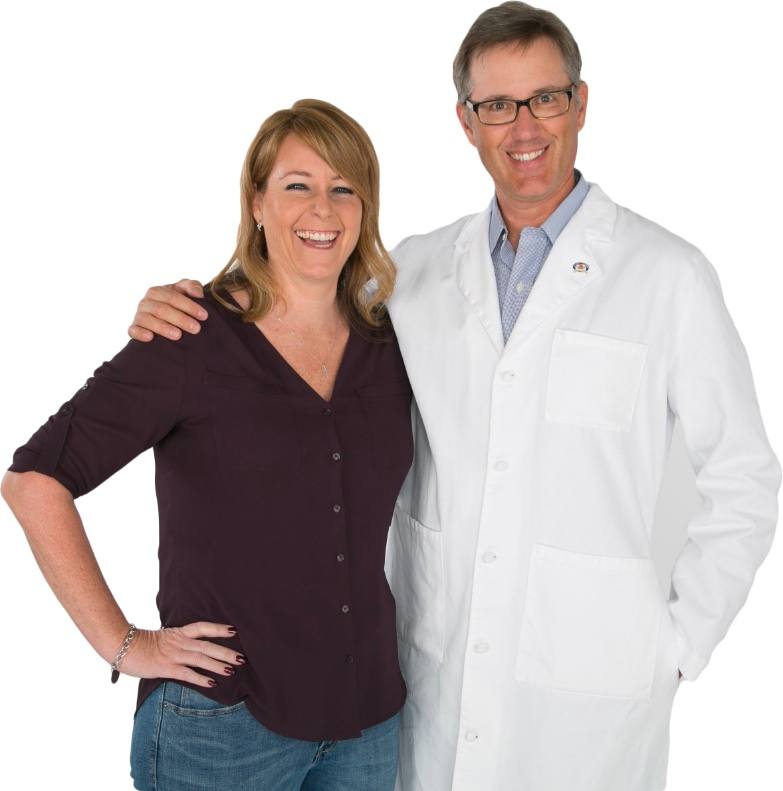
David Oliak, M.D.
Dr. Oliak is a board-certified, fellowship-trained bariatric surgeon who specializes in minimally invasive (laparoscopic and robotic) weight loss surgery. He has been in practice in Orange County, California, since 2002, has completed more than 3000 weight loss operations, and has a track record of excellent patient outcomes.*
Dr. David Oliak is the founder of the Oliak Center for Weight Loss. He started the Oliak Center because he wanted to provide weight loss surgery done right. His commitment has always been to provide the kind of care that he himself would want to receive. Dr. Oliak is affiliated with only the best bariatric hospitals and surgery centers in Los Angeles County and Orange County.
* Individual patient results vary. Past performance is not a guarantee of future results.
“My experience with Dr. Oliak was literally the turning point and in many ways the beginning of my life.
I am eternally grateful to Dr. Oliak for being the vessel that allowed this butterfly to finally emerge from her cocoon.”
- Jennifer

About Dr. Oliak
Growing up in Wisconsin, Dr. Oliak knew from a young age that he wanted to be a doctor. To pursue that dream, he chose to attend Northwestern University for pre-med. But once he was in college, he switched his major and graduated with a Bachelor of Science in Chemical Engineering. However, a summer internship with Procter & Gamble in Cincinnati helped him realize that it was medicine that was his true calling.
He then attended prestigious Washington University in St. Louis for his medical degree. He scored so highly on his MCAT test that he taught MCAT prep courses for Kaplan, Inc. as a side job during that time. In medical school, Dr. Oliak decided to be a surgeon. When he graduated, he was awarded the Dr. Harvey Butcher Prize in Surgery, which the Department of Surgery gives to the one graduating student they believe shows the greatest promise for a career in surgery.
Dr. Oliak left the midwest for sunny southern California when he did his general surgery residency at Harbor-UCLA in Los Angeles. While he was there, he decided to specialize in bariatric surgery because he felt the weight loss surgery field had the happiest patients. Dr. Oliak saw that the new laparoscopic techniques would soon transform the way bariatric surgery was done, so he pursued one of the first laparoscopic weight loss surgery fellowships in the country at Hackensack University Medical Center in New Jersey.
After completing his fellowship training in 2002, Dr. Oliak returned to California to start his career as a bariatric surgeon in Los Angeles and Orange County. He founded the Oliak Center for Weight Loss and was one of the first bariatric surgeons in the area to do weight loss surgery laparoscopically.
Dr. Oliak’s practice philosophy
Dr. Oliak believes in treating patients how he himself would want to be treated.
That’s what Dr. Oliak would want for himself. So this is what he demands for his patients. And his track record speaks for itself.
15-20%
Better weight loss than the industry average*
0%
Leak rate for gastric sleeve (Industry average 1-2.4%)*
0.2%
Leak rate for gastric bypass (5-10 Times Less Than Industry average)*
* Individual patient results vary. Statistics based on comparison between Dr. Oliak’s average 2yr, 5yr, and 10yr %EWL (percent excess weight loss) results and leak rates for all laparoscopic gastric bypass and gastric sleeve operations performed 2002-2019, and average weight loss results results and leak rates published in large review studies.1-9
Dr. Oliak is data-driven, which means better results for his patients.

Dr. Oliak has always been driven to achieve great outcomes for his patients—and getting great outcomes starts with knowing the data. Dr. Oliak credits his engineering background for teaching him the importance of using data to make decisions.
Unlike many surgeons, Dr. Oliak has collected data on all of his surgeries from the very beginning so he could continue to make improvements to his process. As a result, his patients have better weight loss results and fewer complications as compared to the industry average.*
* Individual patient results vary. Industry average weight loss and complication (leak) statistics taken from large review studies.1-9
Publications and associations
Dr. Oliak has published numerous outcomes-focused research studies in peer-reviewed publications, including studies on the learning curve for laparoscopic bariatric surgeons, studies on the outcomes for higher BMI patients, and studies on outcomes for older patients. His research has been published in many scientific journals, and he has presented his data at national and international surgical meetings.
He is a member of the American Society for Metabolic and Bariatric Surgery (ASMBS), the International Federation for the Surgery of Obesity and Metabolic Disorders (IFSO), the Society of American Gastrointestinal Endoscopic Surgeons (SAGES), and the American Medical Association (AMA). He is also a Metabolic and Bariatric Surgery Accreditation and Quality Improvement Program (MBSAQIP) center of excellence surgeon.
Dr. Oliak in the media
Dr. Oliak is a sought-out weight loss surgery expert. He is a bariatric surgery consultant and bariatric surgery expert witness for bariatric surgeon malpractice matters. He has appeared on national television shows, including The View and The Tyra Banks Show, and on local news shows, including CBS and KCAL.

- O'Brien PE, McPhail T, Chaston TB, et al. Systematic review of medium-term weight loss after bariatric operations. Obesity Surgery. 2006;16:1032-1040
- O'Brien P, McDonald L, Anderson M, et al. Long term outcomes after bariatric surgery: Fifteen year follow up after gastric banding and a systematic review of the literature. Ann Surg. 2013;257:87-94
- Puzziferri N, Roshek TB 3rd, Mayo HG, et al. Long-term follow-up after bariatric surgery: a systematic review. JAMA. 2014 Sep 3;312(9):934-42
- Fischer L, Hildebrandt C, Bruckner T, et al. Excessive weight loss after sleeve gastrectomy: a systematic review. Obes Surg. 2012 May;22(5):721-31
- Gagner M, Deitel M, Erickson AL, et al. Survey on laparoscopic sleeve gastrectomy (LSG) at the Fourth International Consensus Summit on Sleeve Gastrectomy. Obes Surg. 2013 Dec;23(12):2013-7
- Juodeikis Ž, Brimas G. Long-term results after sleeve gastrectomy: A systematic review. Surg Obes Relat Dis. 2017 Apr;13(4):693-699
- Aurora AR, Khaitan L, Saber AA. Sleeve gastrectomy and the risk of leak: a systematic analysis of 4,888 patients. Surg Endosc. 2012;26(6):1509–1515
- Zellmer JD, Mathiason MA, Kallies KJ, Kothari SN. Is laparoscopic sleeve gastrectomy a lower risk bariatric procedure compared with laparoscopic Roux-en-Y gastric bypass? A meta-analysis. Am J Surg. 2014;208(6):903–910
- Chang SH, Freeman NLB, Lee JA, et al. Early major complications after bariatric surgery in the USA, 2003-2014: a systematic review and meta-analysis. Obes Rev. 2018 Apr;19(4):529-537
